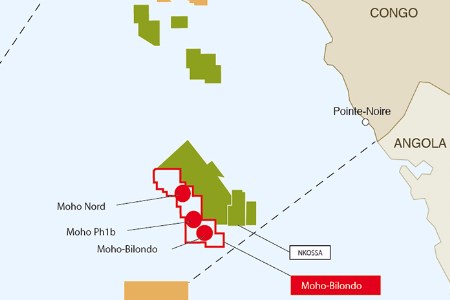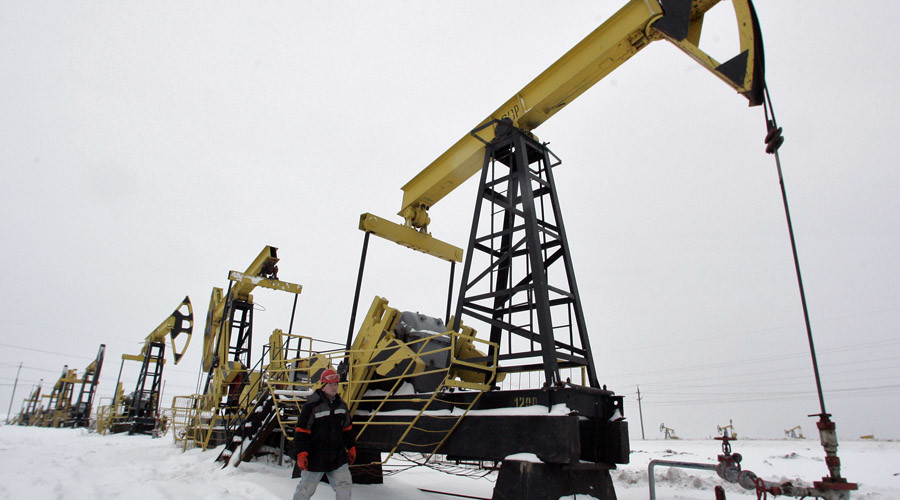 03 January 2014, News Wires – Environmental groups have joined forces to file a legal complaint against the European Commission over the failure by the EU’s executive body to implement draft legislation that could curb imports of oil sands crude and other unconventional fuel imports.
03 January 2014, News Wires – Environmental groups have joined forces to file a legal complaint against the European Commission over the failure by the EU’s executive body to implement draft legislation that could curb imports of oil sands crude and other unconventional fuel imports.
The draft law, which has been the subject of debate for years, would rank fuels used in transport according to the level of carbon dioxide emissions released over their life cycles to guide European Union member states seeking to meet targets for emissions cuts by 2020.
Greenpeace, Transport & Environment and Friends of the Earth Europe sent their complaint to senior Commission officials on Thursday and the groups say they will take the issue to top EU courts in Luxembourg if they get no response, Reuters reported.
The Commission was not immediately available for comment.
In the nine-page submission, the campaigners stated the Commission has violated its statutory obligations to act without delay and requests an internal review of that “administrative omission”.
Failure to implement the law, which would label oil sands crude and other unconventional fuels as highly polluting, would represent a major setback for EU climate policy, according to the document.
“It would be – and be seen as – a victory for those companies and countries that aim to sell high-carbon fuels to Europe and have chosen to ignore the climate change impact of their activities,” the submission stated.
To address the objections to the proposed EU law, known as the Fuel Quality Directive, the Commission said in April 2012 it was carrying out a full assessment into the impact of its proposal, but has yet to make the results public.
A package of guidance this month on 2030 energy policy to follow on from existing 2020 climate and energy targets omitted any specific targets on cutting emissions from transport, the fastest-growing source of greenhouse gases.
Campaigners say that means the Fuel Quality Directive is effectively being killed off before it has even begun to be used to limit the carbon impact of fuel-burning.
If implemented, the draft law would slow Europe’s imports of crude from oil sands exploitation that scientists believe is especially harmful to the environment due to the pollutive nature of such activity.
Production of the bitumen-like crude requires large amounts of energy, as well as a high level of water usage, making it more carbon-intensive than conventional oil.
Opposition to the draft law has been led by Canada, the world’s biggest oil sands producer with the main production hub near Fort McMurray in the province of Alberta.
The Ottawa government is still waiting for final approval from US President Barack Obama of the planned 1900-kilometre Keystone XL pipeline proposed by TransCanada that will connect the oil markets of both countries.
The proposed route, running from Alberta to Nebraska, would transport Canadian crude to US Gulf Coast oil refineries for onward export to Europe.
The US State Department was reportedly set to issue imminently the findings of its environmental review of the controversial pipeline project that would state the project would not appreciably increase CO2 emissions, increasing pressure on Obama to approve the plan, according to sources.
A State Department official was quoted as saying the environmental impact study “is in the final stages of preparation and we anticipate a release of the document soon”.
One government official said the overdue document, which has strained relations with Canada, would be released on Friday.
Backers of the pipeline say it will create thousands of jobs and cut US reliance on imports from less politically stable countries such as in the Middle East, as well as avoid the risks of using rail transport highlighted by recent accidents involving crude trains.
However, opponents of the project believe it will serve to promote oil sands production in Alberta that is considered harmful to the environment.
– Upstream



